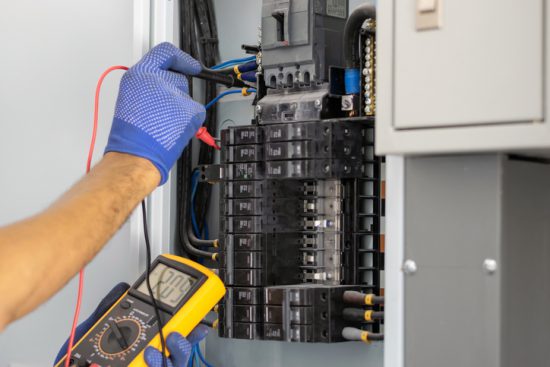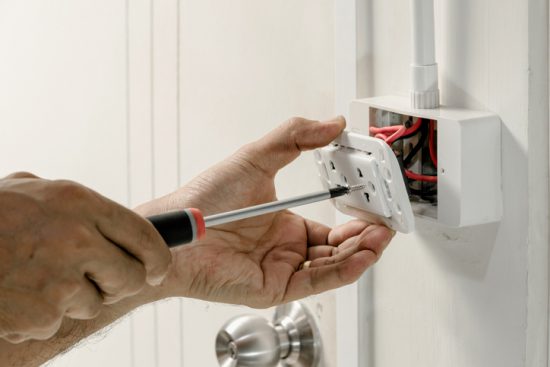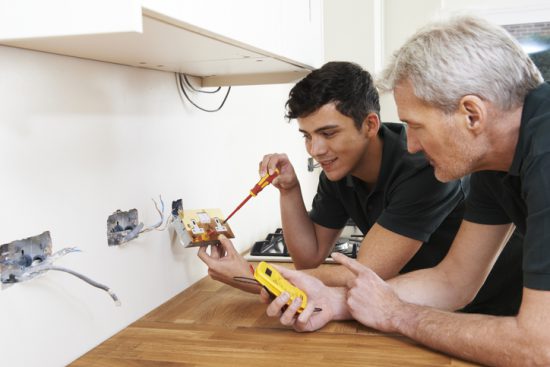Tips for Inspecting Electrical Systems During Your Home Inspector Career
October 01, 2021
If you’re considering a career as a home inspector, you’ll be responsible for ensuring that a home is suitable for purchase. In this role, one of your duties will be to inspect a home’s electrical system. This inspection involves examining electrical components, systems, and wires to ensure that they meet the electrical safety standards outlined in national codes. This inspection ensures that a home’s electrical components operate safely, and enables future homeowners to save energy and avoid hazards. Below, discover some tips for conducting an electrical system inspection during your career as a home inspector.
During Your Home Inspector Career, Inspect the Outlets and Light Switches
After completing your home inspector training, you’ll want to examine a home’s outlets to determine whether they’re up to code or need replacing. When examining the outlets as part of your inspection of the electrical system, it’s important to check for the following:
- Whether the outlets or switches are warm to the touch
- Whether they show signs of discolouration
- Whether a strange smell (fishy or burning) is present near the outlets or light switches
- Whether they’re all in working condition
- Whether the plugs fit into the outlets
If any of these problems are present, it might be necessary to inspect an outlet or light switch for damage, or even replace these components altogether.

Inspect the Smoke and Carbon Monoxide Detectors
During any electrical system inspection, it’s also important to inspect a home’s smoke and carbon monoxide detectors. There should be a smoke and carbon monoxide detector installed on at least every floor of a home and outside of every room, and a smoke detector within each bedroom. If there aren’t enough detectors, additional devices may need to be installed to keep the home up to code. Additionally, the smoke alarms and carbon monoxide detectors should be tested to ensure they’re in working condition.
Check the GFCIs and AFCIs
Within a home’s electrical system, GFCIs and AFCIs are responsible for protecting against short circuits and electrical overloads. GFCI breakers and outlets protect against electric faults, while AFCIs protect against electrical arcing faults. Once you become a home inspector, you can test these components to make sure that they’re in working order. You can also check to make sure that the outlets in the home’s bathroom and kitchen are equipped with GFCIs, while AFCIs are used wherever there are circuit breakers.

Examine the Electrical Appliances
A home’s electrical appliances should also be examined during an inspection of the electrical system, especially if the appliances are included with the new homeowners’ purchase. During your inspection, check to make sure the wiring around appliances is clear of any dust and debris or heat sources, as these may impede energy efficiency or increase the risk of fire. Additionally, check the HVAC system to ensure proper ventilation. Lastly, check that all of the appliances in the kitchen are plugged into GFCI outlets, as this is essential for their safe usage.
Ready to launch your home inspector career?
Start training with a program at the North American Trade Schools!





